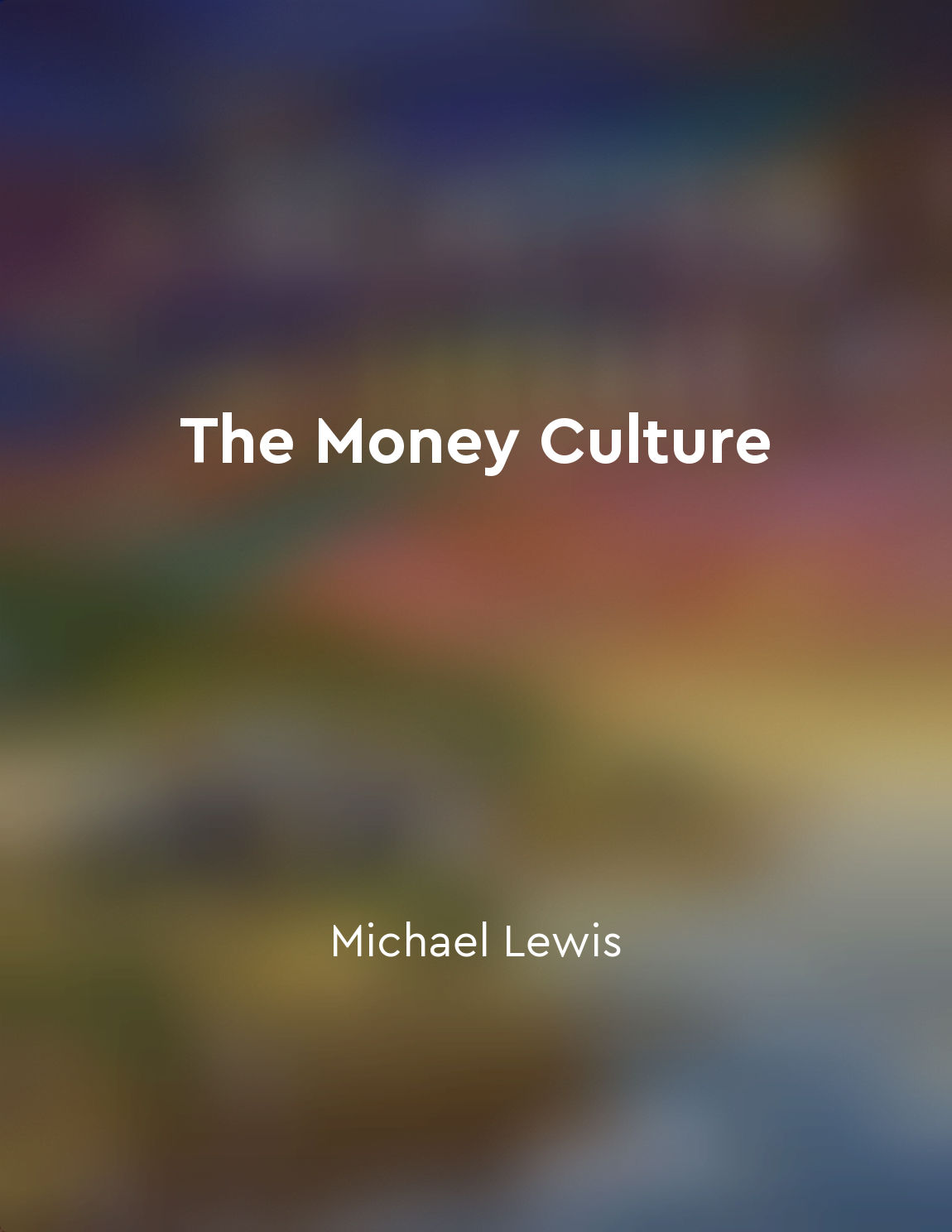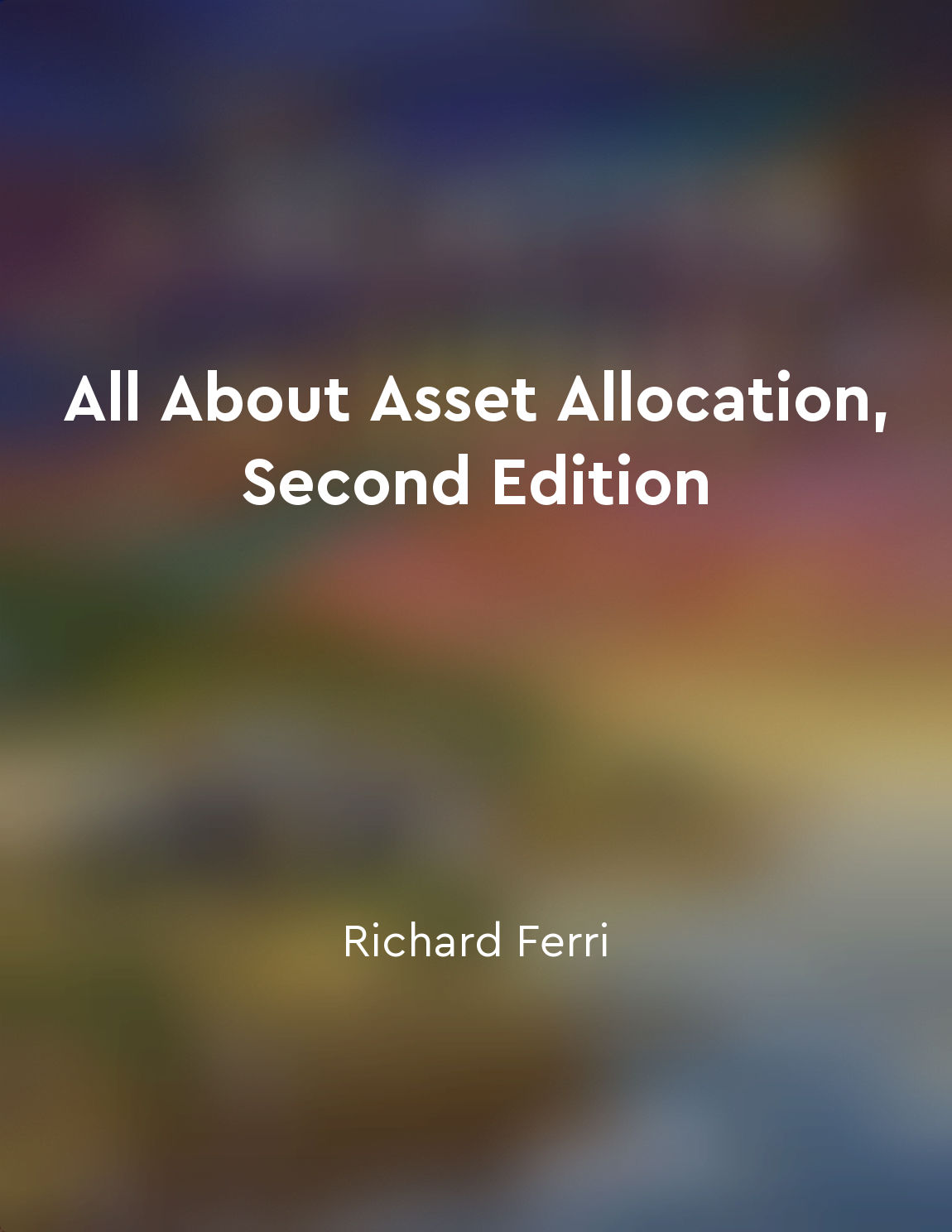Emotions can drive poor investment decisions from "summary" of Random Walk Guide To Investing by Burton G Malkiel
Investing decisions can often be heavily influenced by our emotions. When it comes to managing our money, fear and greed can cloud our judgment and lead us to make poor decisions. These emotions can cause investors to panic and sell their assets when prices drop, or to become overly optimistic and buy more when prices rise. For example, during a market crash, fear can drive investors to sell their investments at a loss in a panic, instead of holding onto them and waiting for the market to recover. On the other hand, during a bull market, greed can lead investors to chase after hot stocks or assets without considering the underlying fundamentals, which can result in them buying at inflated prices. Emotions can also cause investors to ignore their long-term financial goals and focus on short-term fluctuations in the market. This short-sightedness can lead to impulsive decisions that are not aligned with a well-thought-out investment strategy. Instead of sticking to a disciplined approach, investors may react emotionally to market volatility, leading to a cycle of buying high and selling low. It is essential for investors to recognize the role that emotions play in their decision-making process and to develop strategies to mitigate their impact. By staying disciplined, diversifying their portfolio, and focusing on long-term goals, investors can avoid making rash decisions based on fear or greed. It is crucial to remember that investing is a marathon, not a sprint, and that staying the course through market fluctuations is key to achieving financial success.Similar Posts

Ethical lapses undermine trust in institutions
Institutions, whether financial or governmental, rely heavily on the trust of the public to function effectively. When ethical ...

Dollarcost averaging can help smooth out market fluctuations
Dollar-cost averaging involves investing a fixed amount of money at regular intervals, regardless of market conditions. By cons...
Understand the company before investing
Before you invest in a company, it's essential to understand how the business operates. This means taking the time to research ...
Availability heuristic influences risk perceptions
The availability heuristic, a mental shortcut that relies on immediate examples that come to mind when evaluating a topic or ma...
Financial education is essential for smart decisions
Financial education is the cornerstone of making sound decisions in the realm of personal finance. Without a basic understandin...
Research individual stocks before making investment decisions
Before you decide to invest in a particular stock, it is essential that you do your homework. By researching individual stocks,...
Take control of your financial future
To take control of your financial future means to be proactive and intentional about managing your money and making decisions t...

Focus on building passive income
In the world of finance, one concept that is often overlooked but holds immense power is the idea of passive income. Passive in...
Lower expense ratios boost returns
The concept of lower expense ratios boosting returns is a fundamental principle that all investors should pay attention to. Exp...
Financial decisions are influenced by past experiences
Our brains are wired to learn from experience, and this includes financial experiences. When we make decisions about money, our...
